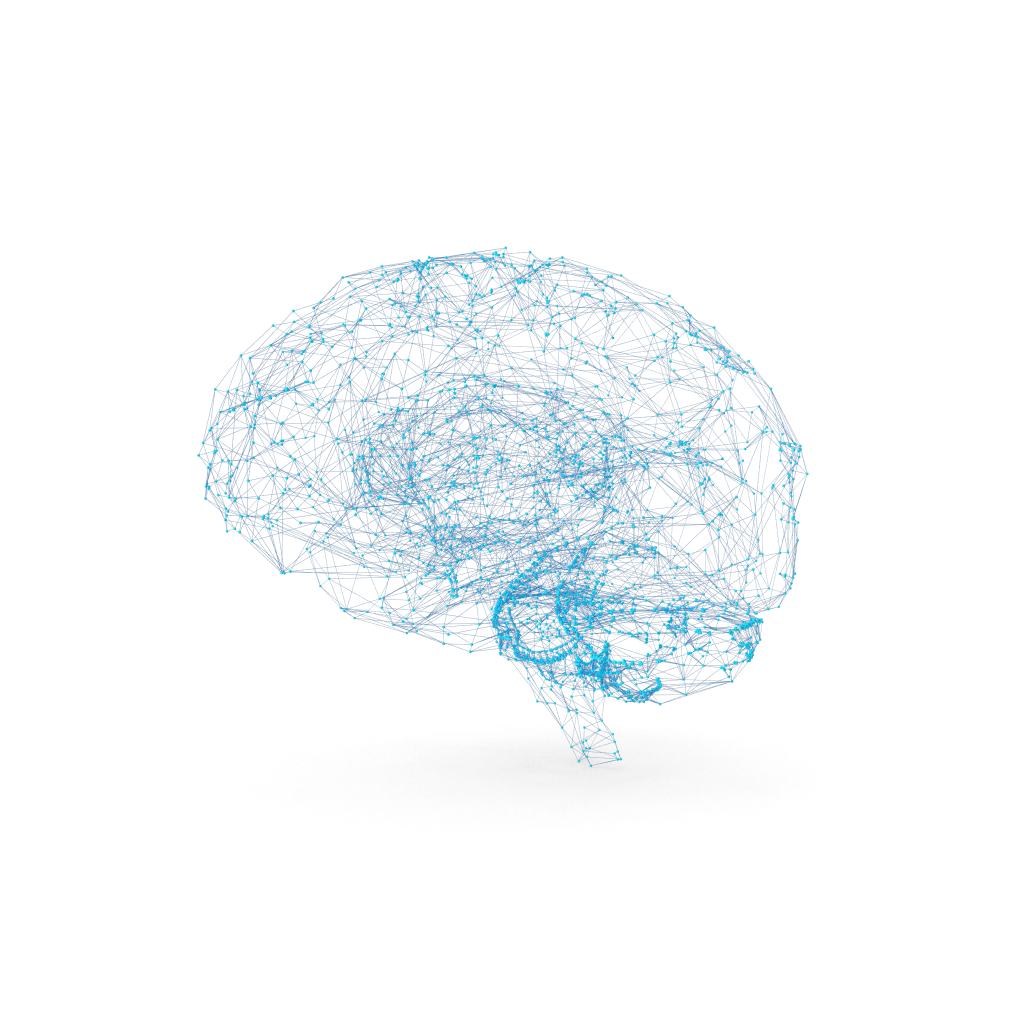Quiz 1 of 0
QUIZ: Expert Learner Frameworks Copy

Revise the frameworks we learnt for expert learners.
Time limit: 0
Quiz Summary
0 of 11 Questions completed
Questions:
Information
You have already completed the quiz before. Hence you can not start it again.
Quiz is loading…
You must sign in or sign up to start the quiz.
You must first complete the following:
Results
Quiz complete. Results are being recorded.
Results
0 of 11 Questions answered correctly
Your time:
Time has elapsed
You have reached 0 of 0 point(s), (0)
Earned Point(s): 0 of 0, (0)
0 Essay(s) Pending (Possible Point(s): 0)
| Average score |
|
| Your score |
|
Categories
- Not categorized 0%
-
We all have to start somewhere!
-
Keep taking steps forward…
-
Getting there!
-
Nearly there!
-
Masterful work!
| Pos. | Name | Entered on | Points | Result |
|---|---|---|---|---|
| Table is loading | ||||
| No data available | ||||
Would you like to submit your quiz result to the leaderboard?
![captcha]()
Loading
- 1
- 2
- 3
- 4
- 5
- 6
- 7
- 8
- 9
- 10
- 11
-
Question 1 of 11
1. Question
1 point(s)CorrectIncorrect -
Question 2 of 11
2. Question
2 point(s)Correct / 2 PointsIncorrect / 2 Points -
Question 3 of 11
3. Question
2 point(s)Correct / 2 PointsIncorrect / 2 Points -
Question 4 of 11
4. Question
1 point(s)CorrectIncorrect -
Question 5 of 11
5. Question
4 point(s)Correct / 4 PointsIncorrect / 4 Points -
Question 6 of 11
6. Question
7 point(s)Correct / 7 PointsIncorrect / 7 Points -
Question 7 of 11
7. Question
4 point(s)Correct / 4 PointsIncorrect / 4 Points -
Question 8 of 11
8. Question
5 point(s)Correct / 5 PointsIncorrect / 5 Points -
Question 9 of 11
9. Question
2 point(s)Correct / 2 PointsIncorrect / 2 Points -
Question 10 of 11
10. Question
1 point(s)CorrectIncorrect -
Question 11 of 11
11. Question
6 point(s)Correct / 6 PointsIncorrect / 6 Points
Responses